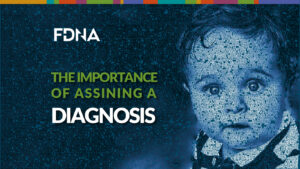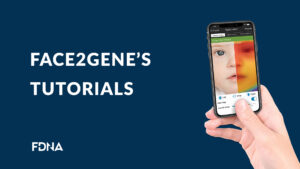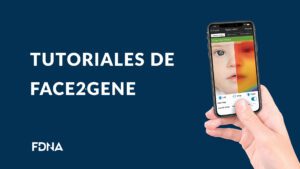Dekel Gelbman, CEO of FDNA, was featured in Becker’s Hospital Review, discussing the value of phenotyping to hospitals involved in rare disease workflows. Below is an excerpt:
Diagnosing rare diseases is like solving a puzzle, with physicians trying to fit together many complex clues.
Unfortunately, the 10% of the population who suffer from a rare disease wait an average of over seven years to find answers to their symptoms. With over 7,000 rare diseases to consider, matching a diagnosis to a patient’s symptoms is a daunting task. By using new technologies to streamline the capture and analysis of phenotypic data in the diagnostic process, physicians are beginning to reduce the time it takes to identify a patient’s disease while improving outcomes.
More and more hospitals with a rare disease focus are moving to more objective and advanced ways to evaluate unknown cases. The historic process of diagnosing a patient involved a physician sifting through the many phenotypes of the patient, such as diabetes and short stature, and using their own intuition while searching the overwhelming sea of publications to discover plausible diagnoses.
In the era of cognitive computing and vision science, new technologies can capture and analyze patient phenotypes in a more objective way while providing instant insights into patient genetics and differential diagnoses… Read More



